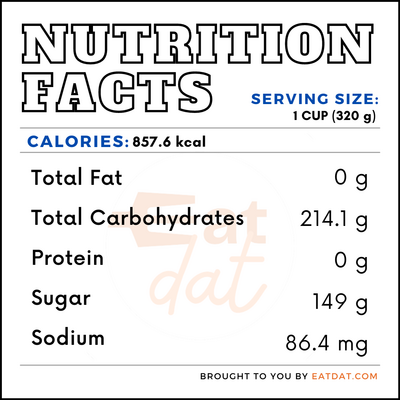
Grenadine
also known as Pomegranate Syrup
What is Grenadine?
Grenadine is a thick, red, alcohol-free liquid that is produced from pomegranate juice. The term ‘grenadine’ comes from the French word ‘grenade’ which means ‘pomegranate’.
- This syrup is mostly used for flavoring alcoholic or non-alcoholic beverages.
- Grenadine is also used as a condiment in the Middle East and the Maghreb.
Ten popular cocktail drinks include:
- Paradise Cocktail
- Shirley Temple
- Hurricane
- Chocolate Cherry Bomb
- Purple Pushover
- New York
- Roy Rogers
- Mango Sour Candy Apple
- Cherry Cheesecake
- Blushing Mimosas
Origin of grenadine
The exact origin of this syrup is unknown; however, the historical development of the word reveals its French roots. Grenadine first appeared in a French journal in 1894. The original ingredients of this syrup were pomegranate juice, sugar, and water. Following its popularity in Paris, this pomegranate syrup became a common ingredient for cocktails around the world in the early 20th century. Today, this syrup is less well-known but is still used in a variety of dishes, drinks, and cocktails.
Nutrition
One cup (20g) serving of this syrup provides:

The given nutritional values might differ based on the ingredients used in different varieties of grenadine. Syrups made from pomegranate have higher nutritional values than those made from artificial ingredients like citric acids.
After all, pomegranate juice offers many health benefits, including reducing inflammation, protecting cells, preventing cancer, improving digestion, preventing heart disease, as well as lowering blood pressure and blood sugar. However, it should be noted that the benefits outlined for pomegranate may be slightly different for this syrup due to the addition of sugar, water, and other ingredients. Furthermore, excess consumption of added sugar can lead to health issues like obesity and heart disease.
Commercial production
In 1912, a court ruling concerning a seizure of shipments containing this syrup made with no pomegranate put an end to customers’ expectations of this being made from pomegranate. Due to the high costs of producing this syrup from raw pomegranate, most manufacturers have turned to artificial ingredients. Modern versions of this syrup use ingredients like vegetables, orange flowers, hibiscus, and cherries to create its signature flavor.
Application
Homemade and store-bought grenadine have different shelf lives and methods of storage. Unopened pomegranate syrup should be stored in a cool, dry place that is safe from heat and sunlight. It can be stored for at least a year, but always follow the ‘best by’ date on the packaging. Once opened, make sure the bottle is sealed tightly before storing it in the refrigerator for no more than six months.
Grenadine recipes
Pomegranate syrup can craft an array of delicious drinks. Here are a few popular recipes:
FDA Regulation
The Food and Drug Administration has no regulation for this syrup. However, the FDA does regulate the percentage of juice in beverages claiming to contain fruit or vegetable juice, including pomegranate. Pomegranate juice products must contain a Brix level of 16 percent of pomegranate to be in compliance with the FDA’s regulations.
References
Skrzypiec, Marcin. “Does Grenadine Go Bad?” doesitgobad.com, Does It Go Bad blog, 14 Aug. 2020, www.doesitgobad.com/does-grenadine-go-bad/
“40 Interesting Pomegranate Facts.”seriousfacts.com, Serious Facts, 6 June 2019, www.seriousfacts.com/pomegranate-facts/
Ferreira, Mandy. 15 Health Benefits of Pomegranate Juice.”medicalnewstoday.com, Medical News Today, 21 Jan. 2019, www.medicalnewstoday.com/articles/318385.
“When Did Grenadine Become an Artificial Ingredient?” Alcademics.com, Alcademics blog, 20 Dec. 2012, www.alcademics.com/2012/12/when-did-grenadine-become-an-artificial-ingredient.html
CFR – Code of Federal Regulations, Title 21.” Accessdata.fda.gov, U.S Food & Drug Administration, 1 Apr. 2019 https://www.accessdata.fda.gov/scripts/cdrh/cfdocs/cfcfr/CFRSearch.cfm?fr=101.30&SearchTerm=pomegranate
